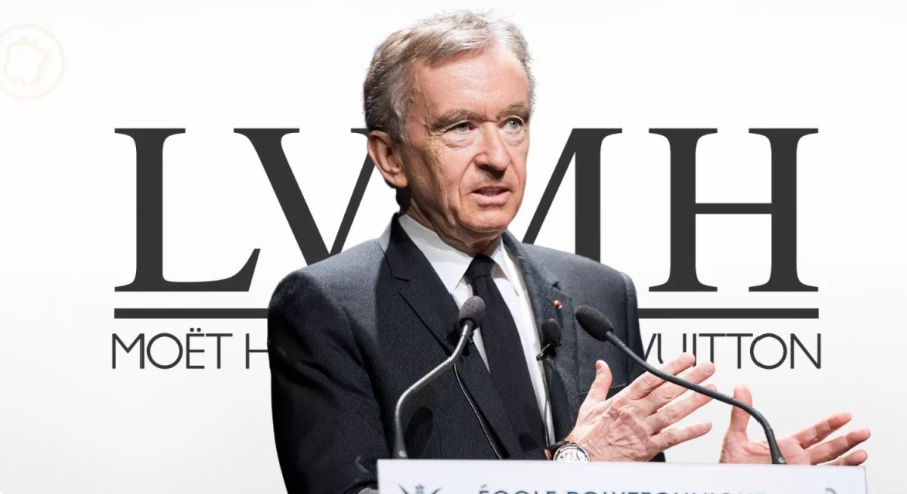French Media Giants Launch Legal Action Against X for Using Content Without Compensation.
Several prominent French media organizations, including two publications owned by billionaire Bernard Arnault, have initiated legal action against X (formerly Twitter), alleging that the platform has been using their content without compensation. The group of French outlets includes Arnault’s Les Echos and Le Parisien, as well as Le Figaro, Le Monde, Courrier International, Huffington Post, and Le Nouvel Obs.

Bernard Arnault, chairman and CEO of LVMH
Prominent French media organizations announced on Tuesday that they are filing a collective lawsuit against X, the social media company led by Elon Musk. The lawsuit claims that X has been infringing upon neighbouring rights, which are part of a European directive incorporated into French law that governs the redistribution of news content by platforms. These rights ensure that publishers receive compensation when their content is used or shared on social media platforms.
The French media organizations argue that X, with its millions of active users worldwide, has been redistributing their articles, images, and videos without compensating the original publishers. The lawsuit claims that this redistribution violates the neighbouring rights laws under French legislation, which were designed to protect publishers from being exploited by social media platforms that profit from using their content. According to the plaintiffs, X has not offered any fair compensation for their news content, thereby infringing on their legal rights as established by European law.
Bernard Arnault, the founder and CEO of LVMH, is one of the key figures behind this legal action. Arnault’s media outlets, Les Echos and Le Parisien, are among the most prominent publishers involved in the case, lending significant weight to the lawsuit. As the wealthiest individual in Europe, with a net worth of $164 billion, Arnault is not only a major business figure but also a key influencer in French media. His backing of the lawsuit sends a strong message that the French media industry is serious about defending its economic interests in the digital era, especially as social media platforms like X have become the primary distributors of news.
This legal confrontation also pits Arnault against Elon Musk, the owner of X. Musk, whose wealth has surged to $319 billion, has transformed X since acquiring the platform in 2022. Musk’s leadership has seen significant changes to the platform, including policy shifts that have garnered both praise and criticism. This lawsuit represents a direct challenge to Musk’s management of X and could put the billionaire business magnate in a legal confrontation with one of the most influential figures in European business.
The outcome of this case could have broader implications for the media industry and the relationship between media companies and social media platforms. If the court rules in favor of the French plaintiffs, it could establish a precedent for future legal actions against social media platforms that redistribute news content without compensating the original creators. Such a ruling could force platforms like X to reconsider their content-sharing models and find ways to fairly compensate news organizations for the use of their intellectual property.
This lawsuit is also part of a larger movement in Europe to regulate the way social media platforms use and profit from content created by others. France has long been a leader in protecting the intellectual property of creators, and the neighbouring rights framework was introduced to safeguard media outlets in the digital age. The French government has supported stronger protections for content creators, and this case could add momentum to further efforts to hold social media platforms accountable for how they use news content.
This legal battle could have wide-reaching consequences, not only for the French media but for the broader international conversation about the value of digital content and the role of social media in distributing it.
Related: Elon Musk Takes on Unilever and Major Corporations in Federal Court





















